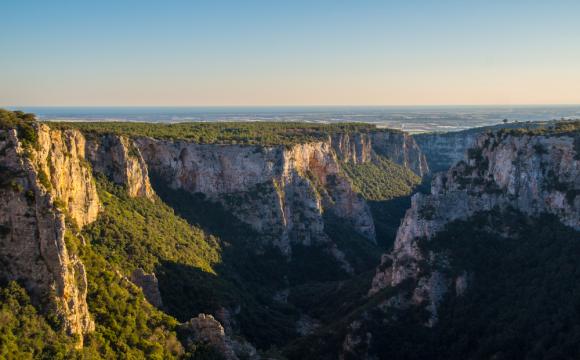If you don’t enjoy cold weather, then you may want to avoid traveling to Italy the last three days of January: those are the (in)-famous ‘Giorni della Merla’, the days of the blackbird, and, according to tradition, they are the coldest of the year.
In Italy, the ‘giorni della merla’ have been the subject of countless stories, legends, proverbs, and even nursery rhymes, for a long time.
But why are the ‘days of the blackbird’ known as such? And why are they considered the coldest? There are different legends, all revolving around white blackbirds that turned black. Here’s the most popular legend, set in Milan (indeed, the origin of the expression seems to stem from the region of Lombardy, where Milan is located).
A family of blackbirds - father, mother and three chicks - living in Milan had to move their nest from the top of a tree to under a gutter sheltered from snow, when winter arrived.
One day, the head of the blackbird family had to fly away to look for food, which had become increasingly difficult to find due to the bitter cold. The mother found herself alone in the middle of a storm and, to protect her young, moved the nest to a nearby roof, where a smoking chimney provided some heat.
The storm lasted for three days, preventing the male blackbird from returning to the nest. When it finally made it, it almost didn’t recognize its family: they had all turned black from soot, whereas before they had a pure white plumage.
Since then, according to legend, all blackbirds were born black. And those three days the blackbird was gone were remembered as the coldest of the year. The legend of the blackbird must have originated when January was indeed colder than it is now.
According to popular belief, if the days of the blackbird are cold, then we can expect a beautiful spring; if, on the other hand, they are warm, spring will come late. (It looks like the end of January will be warm this year).
Read what happened to our writer when she traveled during the days of the blackbird.



















